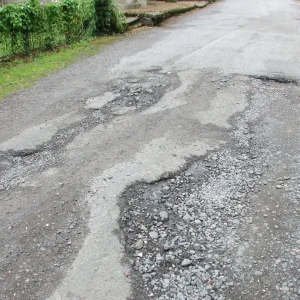Tough EU legislation proposing to fine carmakers billions of Euros for failing to reach a 120g/km CO2 fleet average by 2012 has been softened after a year’s intense negotiation.
The draft documents – which if passed would have triggered marked increases in new car prices as manufacturers passed on some of the costs of the heavy eco fines – have seen key amendments before being adopted just before Christmas 2008.
Carmakers still have to meet the 120g/km CO2 limit (including 10g/km of contributions from tyre makers, biofuels and eco-driving technology) but the deadline will now be phased in over three years and the fines less severe.
Under the new rules 65% of their European fleets must be rated at 120g/km or below by January 2012, 75% by 2013, 80% by 2014 and 100% by 2015 with a long-term fleet average target of 95g/km by 2020. Carmakers who fail to meet these targets will be progressively fined between 2012 and 2018 – five euros for the first gramme over the limit, 15 Euros for the second, 25 Euros for the third and then a jump of 95 Euros for the fourth gramme. The previous fine structure started at 20 Euros for the first gramme.
One big change to the draft legislation now allows larger independent players who sell between 10,000 and 300,000 vehicles in Europe – like Jaguar Land Rover – to reduce emissions by 25% compared to their own 2007 average rather than meet the industry-wide target of 120g/km (which translates to a circa 18% reduction). This would mean JLR having to reach 179g/km by 2015 (its 2007 average was 238g/km) but with the same percentage phase-in from 2012-2015 and fine structure.
Small niche makers registering up to 10,000 new cars per year will be able to apply for higher individual CO2 limits than 120g/km too (but still requiring bigger percentage cuts).





